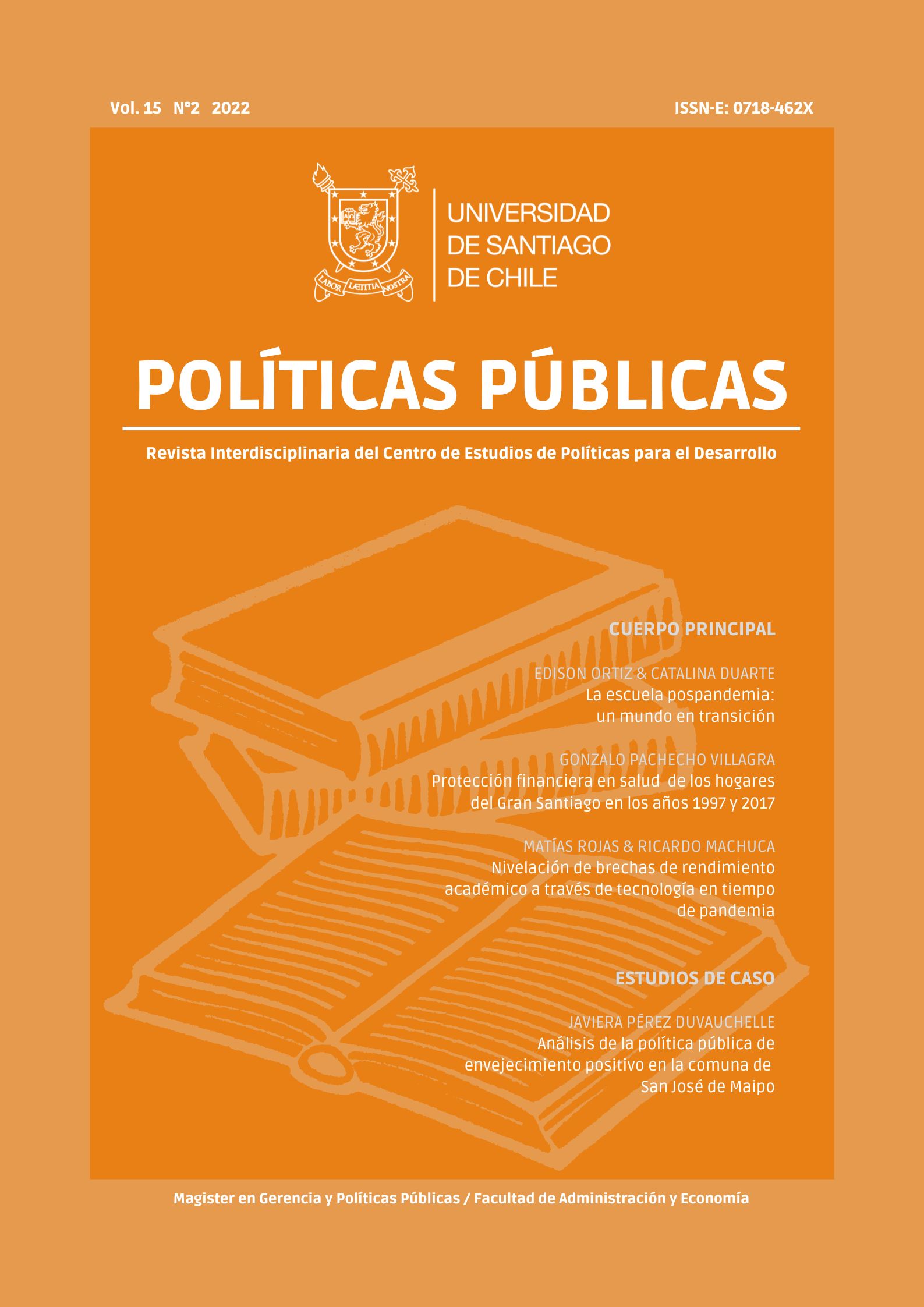Closing Academic Achievement Gaps through Technology in Times of Pandemic
DOI:
https://doi.org/10.35588/pp.v15i1.5578Keywords:
EducationAbstract
Each year, students do not manage to master all of the learning expected for their level, so that gaps in academic achievement are generated and accumulated as they progress through the educational system. In addition, the pandemic produced by Covid-19 produced immeasurable changes. Especially in the area of education, in which the digital transformation has been accelerated. In this sense, this article presents initial results of the effectiveness of Pixarron, a technological tool developed for leveling prior knowledge and accompanying the teaching-learning process of students. A total of 17 establishments with 28,200 students were analyzed. The results showed that on average 50.03% and 28.48% of the subjects that did not achieve the diagnosis, language and mathematics, respectively, were leveled. In addition, in the leveling of the language subject, the quintile with the lowest results in the diagnosis managed to reduce the gap with respect to the quintile with the highest, by 10.39%. It is interesting to analyze cases of good practices in which complete courses leveled at 90%, despite starting from very different diagnoses.
Downloads
References
Agencia de Calidad de la Educación. (2021). Resultados Diagnóstico Integral de Aprendizaje 2021. https://www.mineduc.cl/wp-content/uploads/sites/19/2021/05/PresentacionDIA_26mayo.pdf
Anderson, T., & Rourke, L. (2005). Videoconferencing in kindergarten-to-grade 12 settings: A review of the literature. Edmonton: Alberta Education.
Heggart, K. R., & Yoo, J. (2018). Getting the most from google classroom: A pedagogical framework for tertiary educators. Australian Journal of Teacher Education, 43(3), 9. https://doi.org/10.14221/ajte.2018v43n3.9
Hojman, R. (2015). Educación Universal de Excelencia: Modelo y Evidencia Empírica.
Leslie, H. J. (2020). Facilitation fundamentals: redesigning an online course using adult learning principles and trifecta of student engagement framework. Journal of Research in Innovative Teaching & Learning. https://doi.org/10.1108/jrit-09-2019-0068
Ley General de Educación (2009). Ley 20370. In Biblioteca del Congreso Nacional de Chile. Ministerio de Educación.



